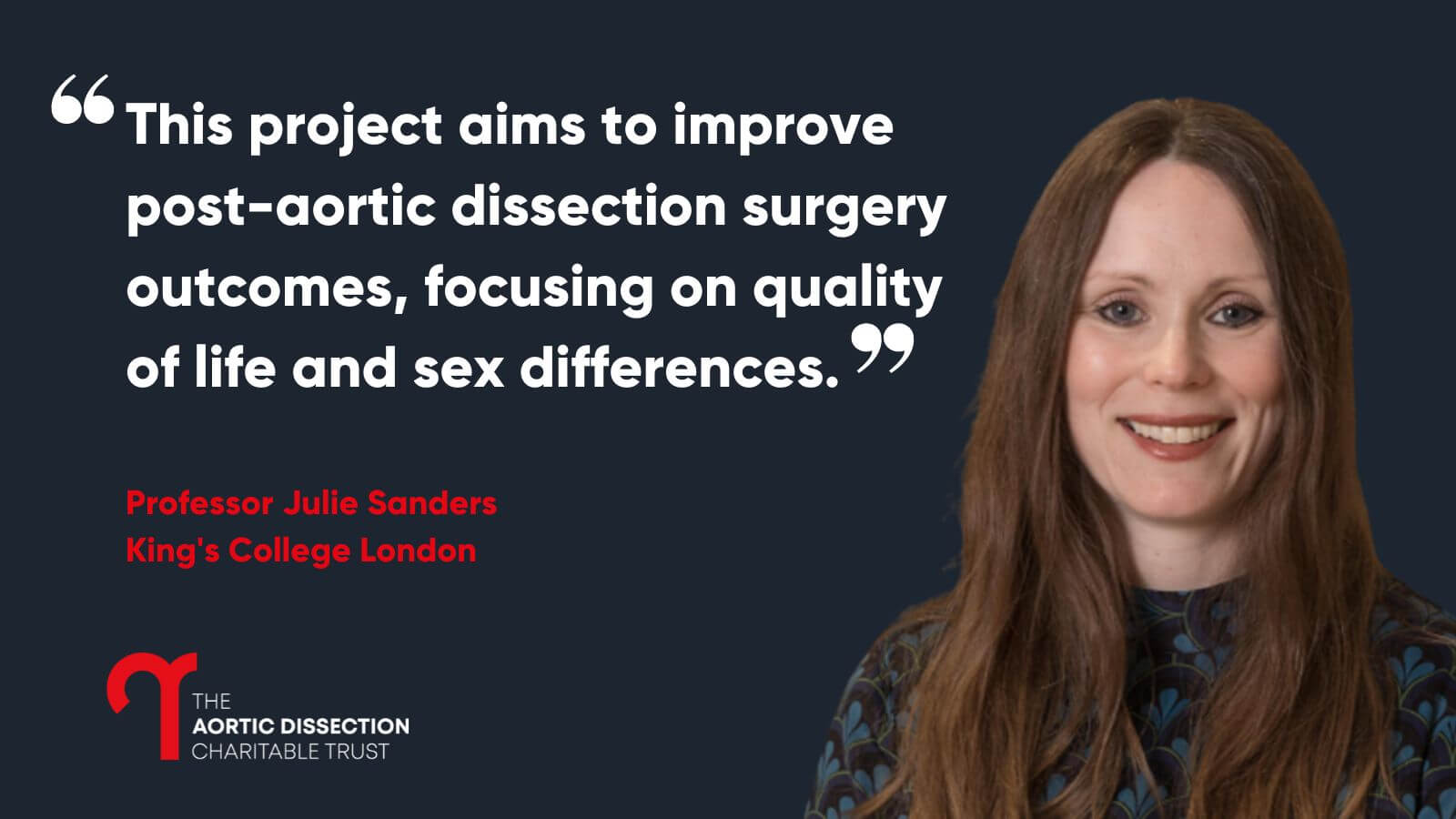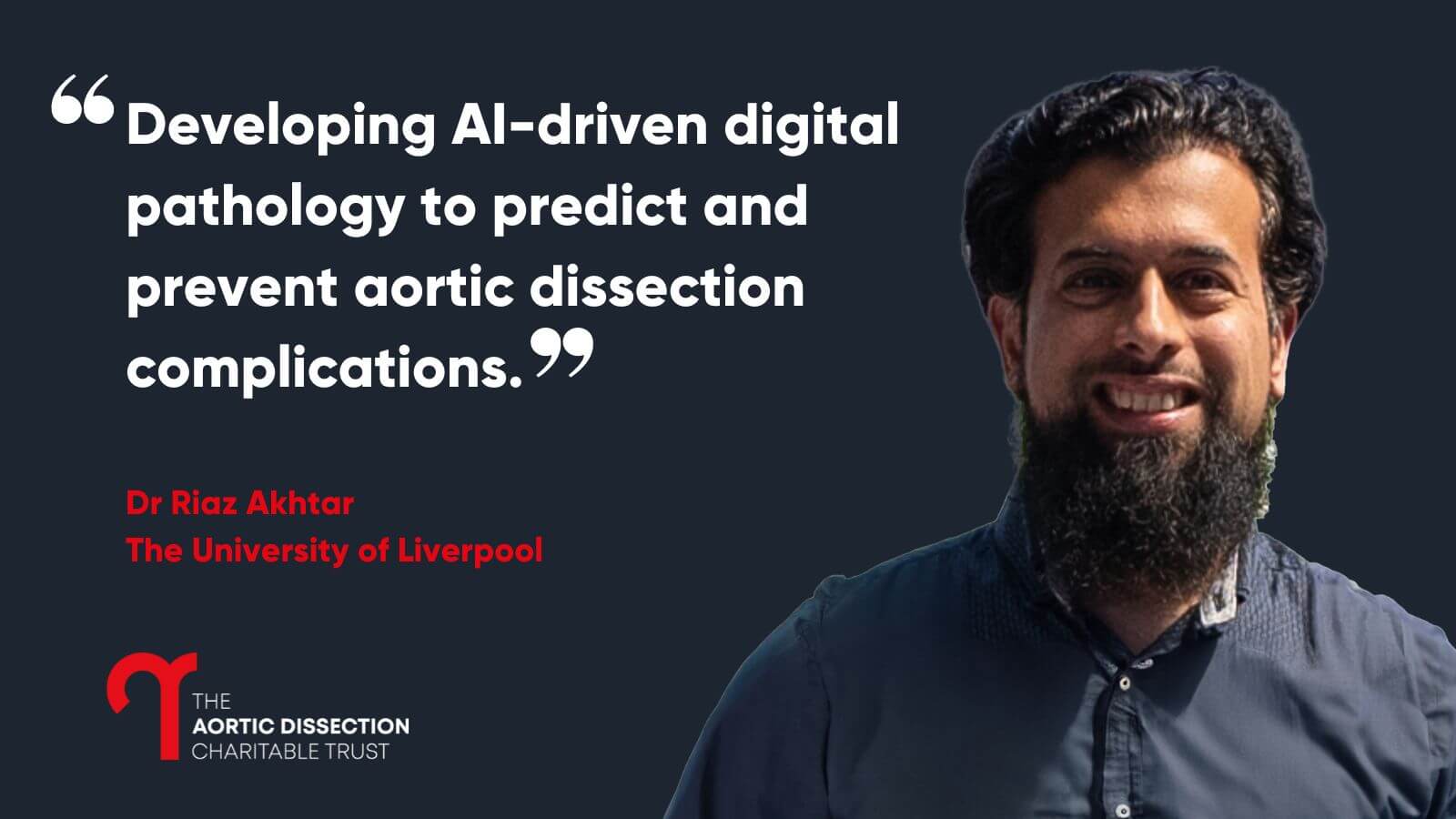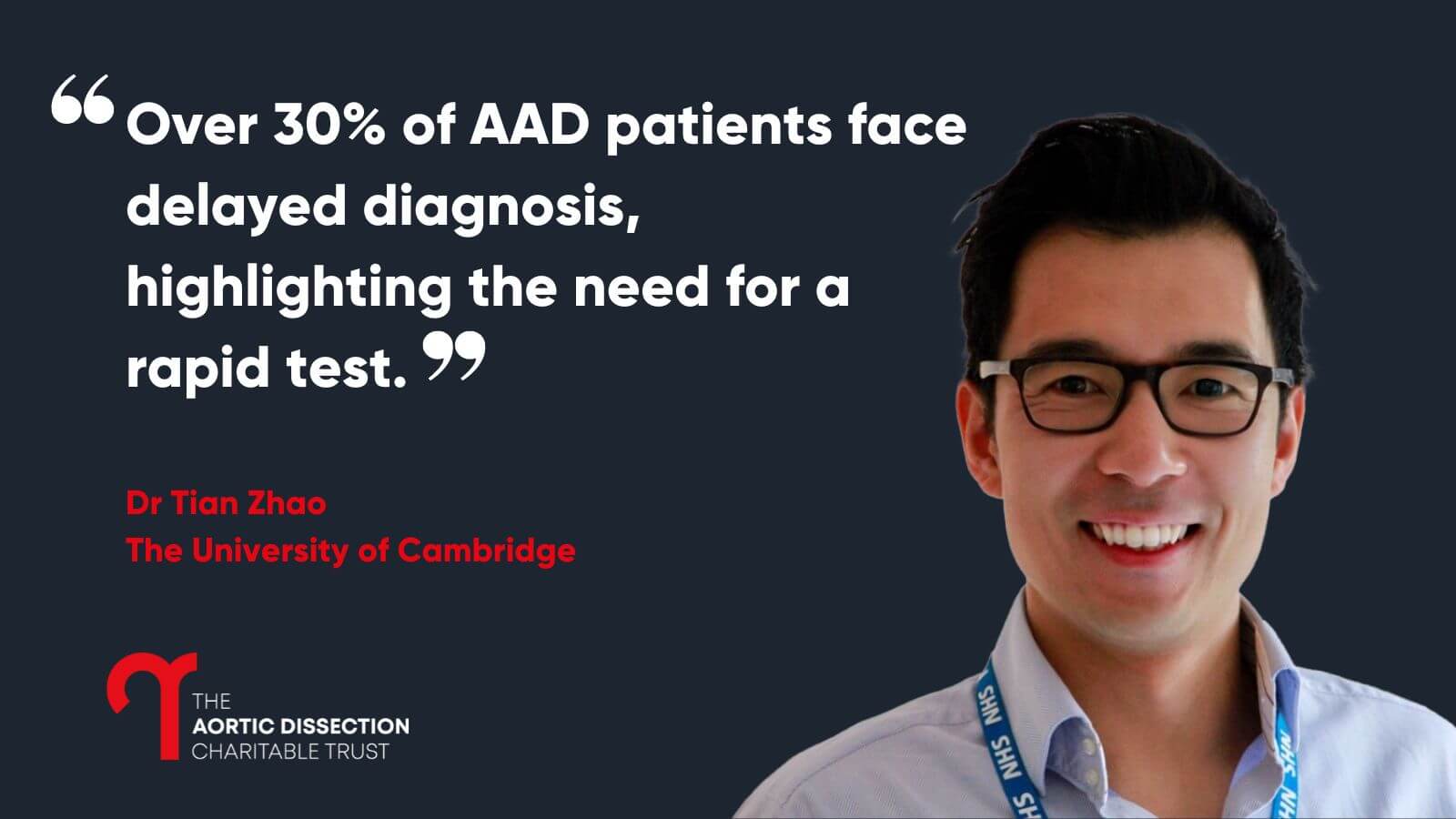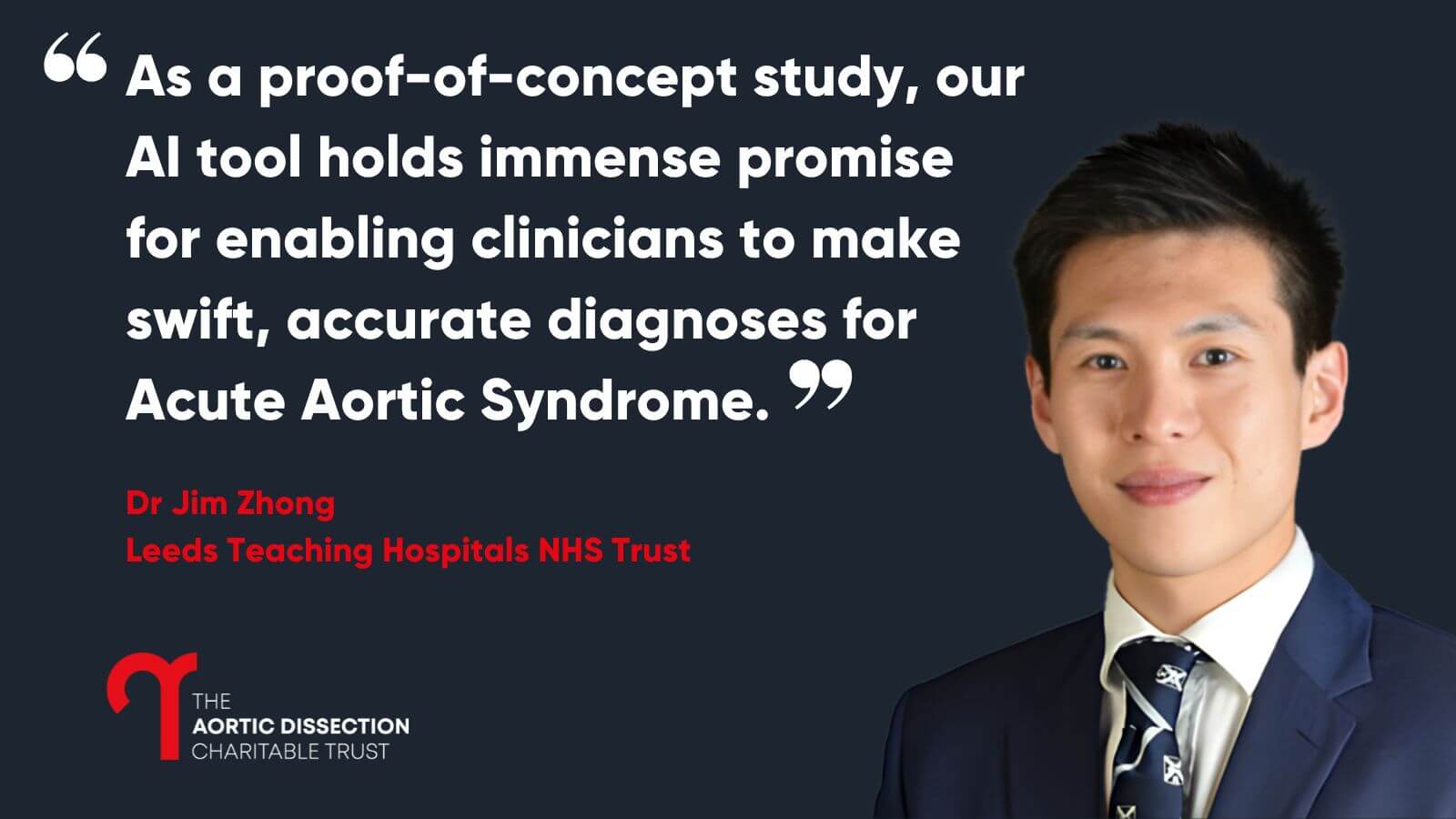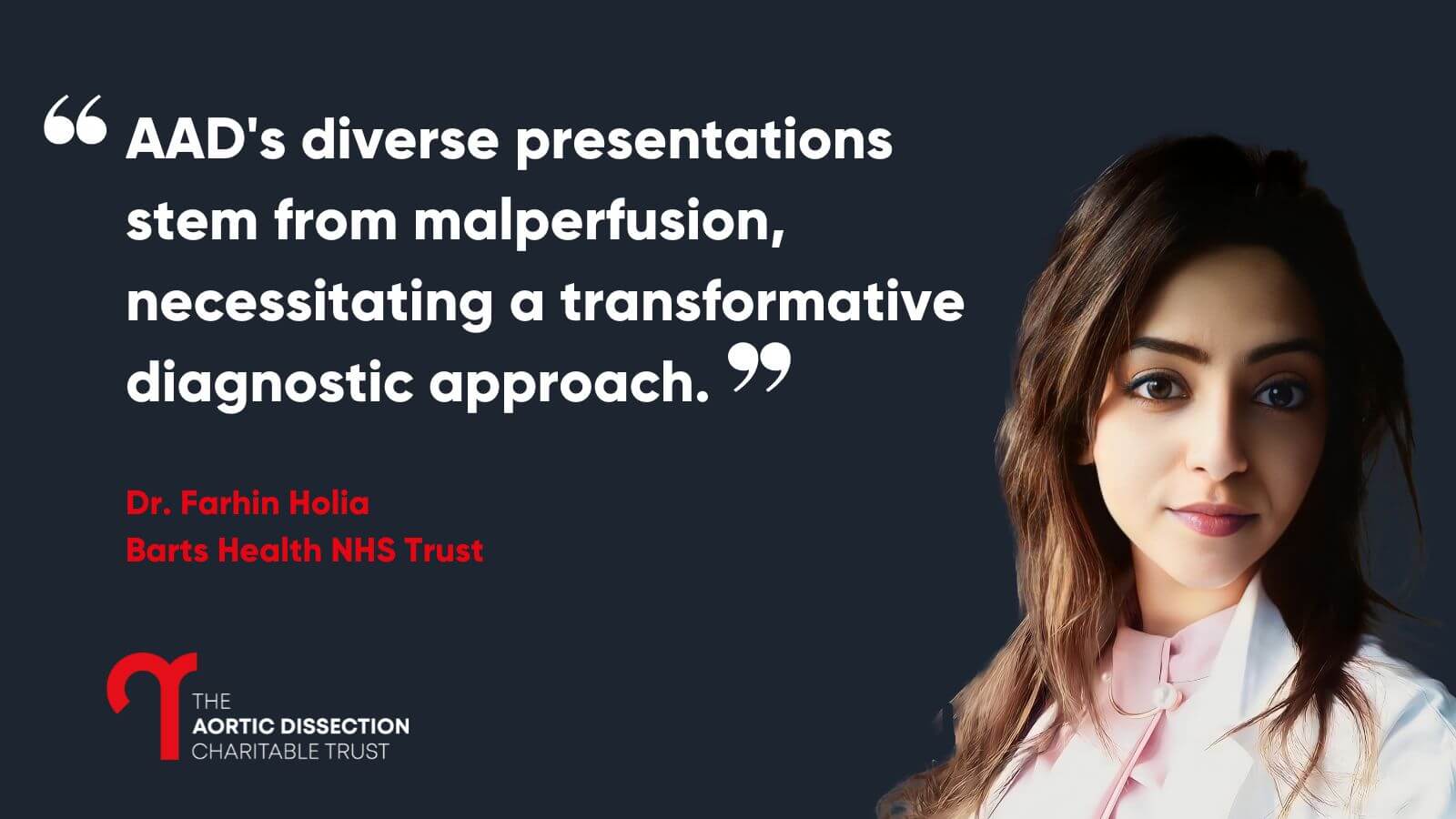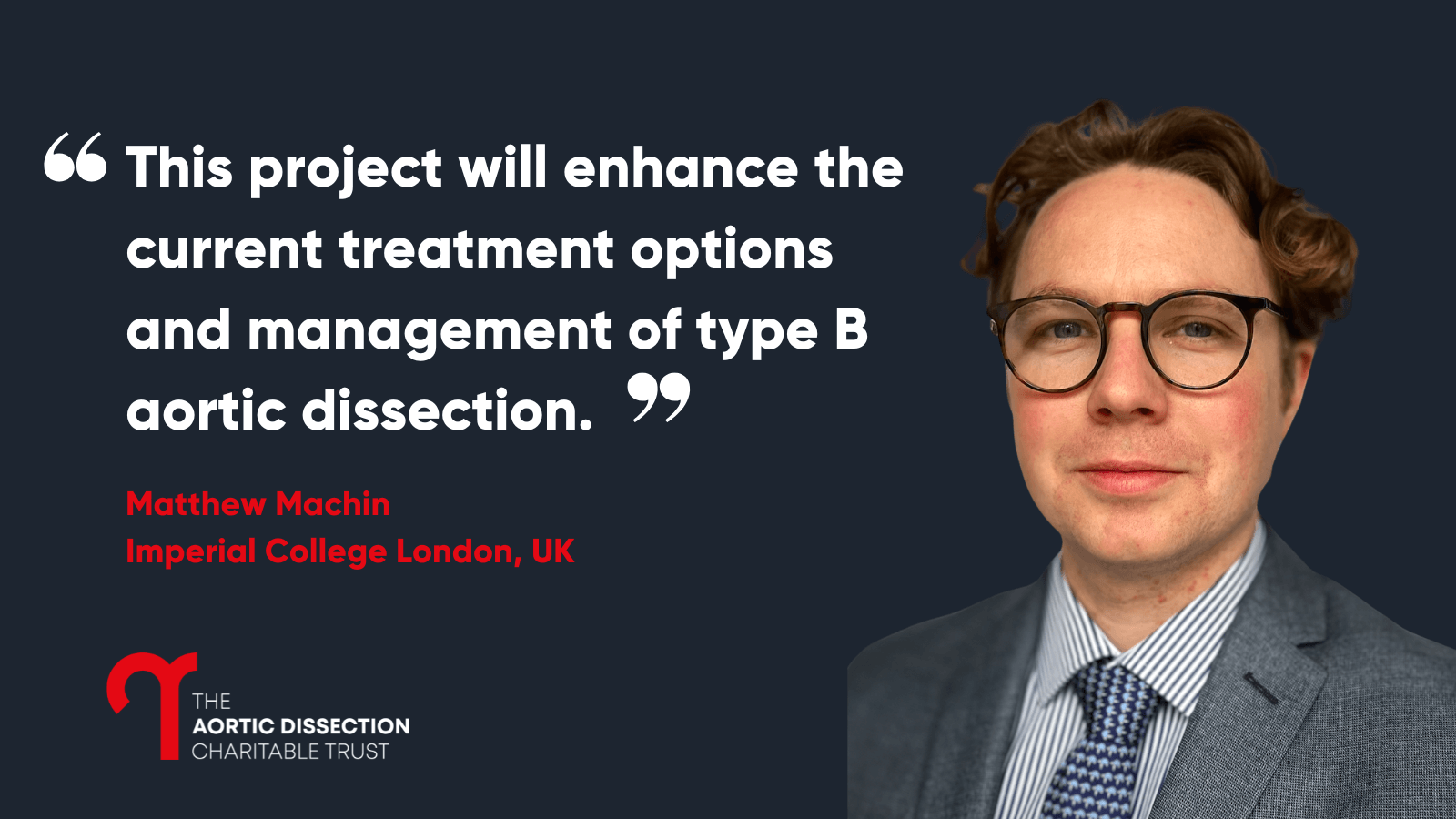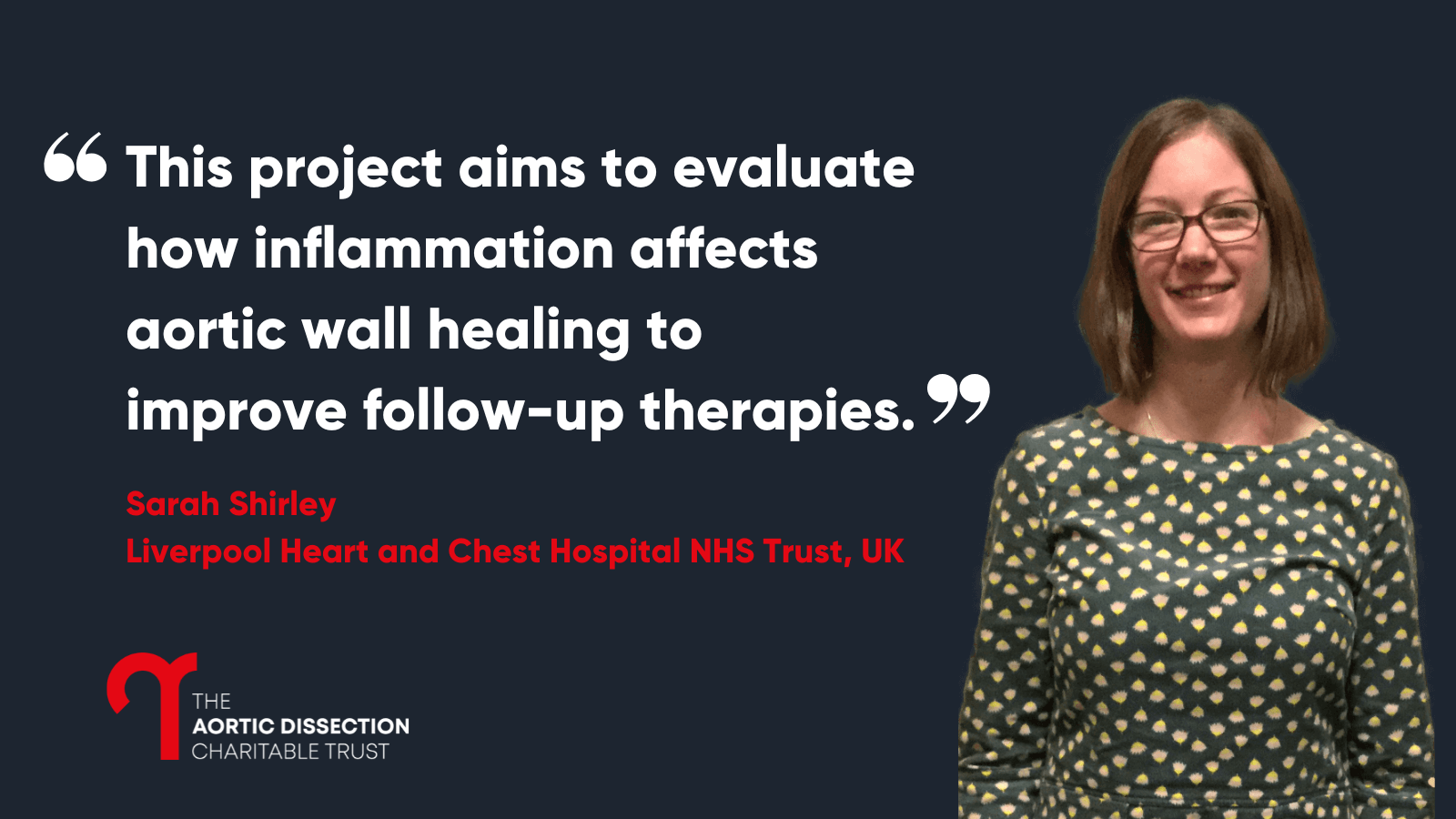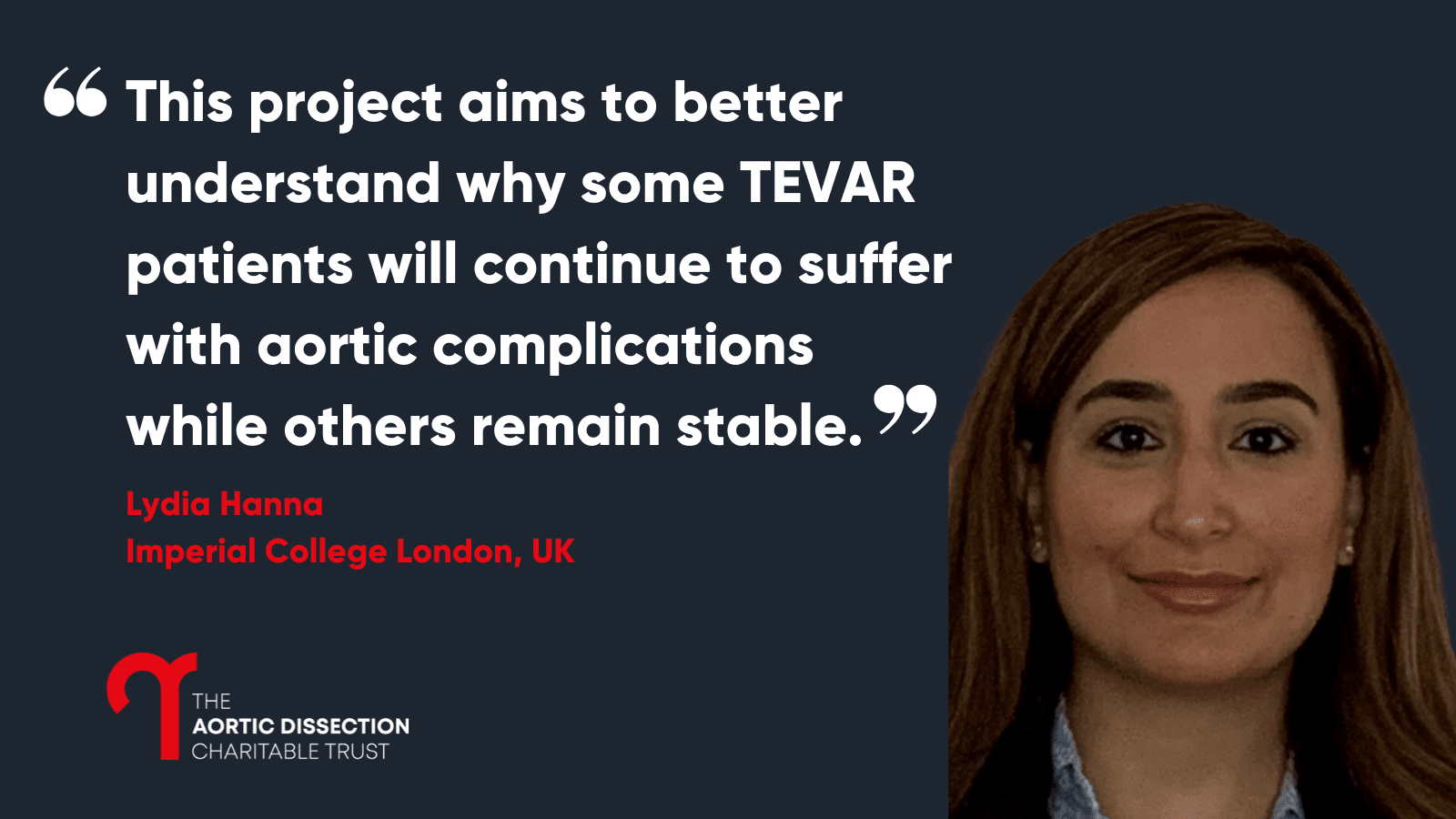Aortic Dissection Research
Introducing our Research Advisory Group
The group consists of established researchers, patients and trainees chosen to represent research interests across the whole patient pathway for aortic dissection. The Research Advisory Group functions independently to advise the Trustees of the Charity on research strategy, research governance and all operational research issues.
The Aortic Dissection Research Advisory Group is dedicated to:
- Influence, fund and advise the national research agenda to support research in aortic dissection
- Develop and implement a research strategy and research network to support aortic dissection research in the UK and Ireland
- Review applications for support of research projects and advise on their suitability for support
- Engaging with the Aortic Dissection Charitable Trust patient panel for research project development and participation
Aortic Dissection Research Grants
Details of the current aortic dissection research grant recipients.
2024
2023
2022
Join the research panel
Do you want to help define the future of aortic research in order to enhance patient survival? Your experience and perspective are critical as a survivor, relative, or family member who has lost a loved one to AD.
Research Advisory Group Members

Researcher
Dr Jill Madine
As a Senior Lecturer in Biochemistry at the University of Liverpool and as a founding member of the Liverpool Aortic Biomechanics and Biochemistry Research Group (LABB), Dr Madine has been involved in aortic disease research for over a decade.
Her work encompasses a broad range of areas, including enhancing the understanding of aortic diseases, identifying future development in diagnostics and prognostic prediction, and investigating point-of-care testing and future treatments.
Jill’s experiences navigating the challenges of aortic disease research are invaluable in identifying potential issues in proposals and providing guidance on future projects.

Researcher
Prof. Matt Reed
An esteemed figure in the field of Emergency Medicine, Prof. Reed is currently an Honorary Professor of Emergency Medicine at the University of Edinburgh and the immediate past Royal College of Emergency Medicine Professor. In addition, he is a Consultant and NRS Fellow at the Royal Infirmary of Edinburgh and serves as the Research Director of EMERGE, the Emergency Medicine Research Group Edinburgh.
Matt’s research work spans a variety of challenging areas in acute care, including aortic dissection. With over 130 published papers and more than £8.4 million personally awarded in research grants, his contributions to the field are significant.
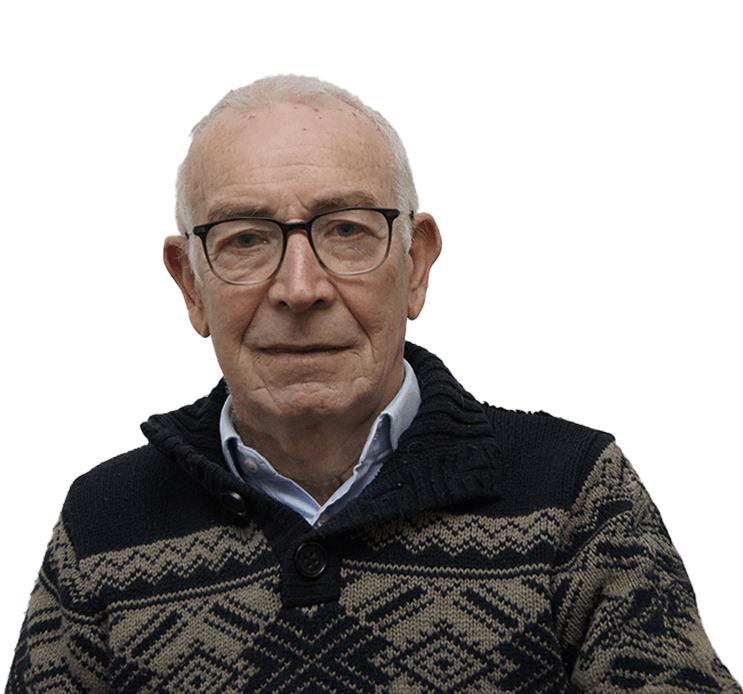
Patient
Malcolm Higgins
Malcolm, a retired university teacher, dedicated much of his career to medical education and research, starting in Cincinnati, USA, before moving to St Bartholomew’s and Guy’s & St Thomas’s medical schools (now part of King’s College London). Alongside teaching medical, dental, and BSc students, he collaborated with clinical colleagues on research, focusing primarily on the biosynthesis of isoprenoid compounds, such as cholesterol, and its regulation.
In March 2016, Malcolm survived a type A aortic dissection thanks to the swift response of Southmead Hospital’s A&E and the expertise of surgeons at the Bristol Heart Institute. Since then, he has undergone further surgery, with the possibility of more in the future.

Family Member
Kirsty Lawie
Kirsty became an active fundraiser for TADCT and a member of the charity’s Research Advisory Group following the sudden and unexpected death of her husband, Keith, to an aortic dissection in 2021. Having attended hospital with chest pains and been discharged with a misdiagnosis of a muscle spasm as a result of weight lifting, Keith succumbed to the condition a week later.
Kirsty is keen to do all she can to raise awareness, improve education, and support research into this survivable condition so that others like her husband can be saved.

Patient
Rachel Linford
Rachel has a background in NHS administration, where she worked on medical coding and liaised with clinicians, giving her a strong familiarity with medical terminology and healthcare processes.
Living with Marfan Syndrome, Rachel survived a type B aortic dissection in 2022 and underwent valve-sparing aortic root and arch replacement, including frozen elephant trunk surgery, in 2023. Motivated by her experiences, she is passionate about raising awareness of aortic dissection and supporting others affected by the condition. She hopes that by sharing her journey, she can help prevent others from experiencing the same challenges.
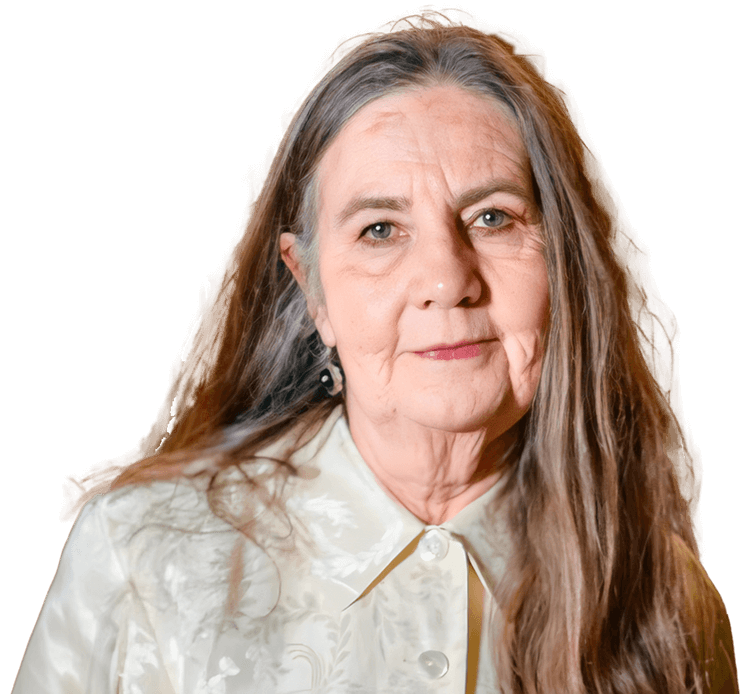
Patient
Maggie Weber
Maggie’s husband, diagnosed with an aortic dissection, suffered a fatal ischemic stroke after surgery. His passing has made Maggie reflect on the patient journey, particularly the importance of accurate diagnosis and appropriate medical management. As a former researcher in education and health education, she’s well-equipped to apply her analytical skills to our cause.
Her unique insights into a patient’s journey and her firsthand experience with the healthcare system are invaluable. We believe Maggie’s contribution to the RAG plays a pivotal role in our pursuit to improve patient care, expedite diagnosis and increase survival rates for aortic dissection patients.

Patient
Nick Betts
Nick, an aortic dissection survivor, whose successful operation at St Barts has inspired him to give back. He has since dedicated himself to increasing awareness of aortic dissection and its early detection.
The owner of a television production company and a former MD of drama and comedy production at BBC Studios, Nick managed a department of over 500 people, producing vast amounts of television and radio content annually. His experience in handling complex information and thinking strategically aligns perfectly with the goals of our research advisory group.

Patient
Barbara Emanuel MBA
Barbara’s personal journey with aortic dissection, involving an aortic operation in the past and a more recent aortic graft, has led her to channel her experience into assisting others facing similar situations.
Barbara comes with a strong academic and professional background. A retired Learning and Development professional, she holds a degree, an MBA and a Level 8 qualification in research and leadership from Worcester University. In her role, she has demonstrated her research proficiency, working with healthcare professionals, research statisticians, and patients. Her skills in communication, project evaluation and research methodology are valuable assets to the RAG.

Surgeon
Michael Sabetai
Michael is a Consultant Cardiac and Aortic Surgeon at Guy’s and St Thomas’ NHS Foundation Trust and Chair of the UK Aortic Society (UK-AS). In this role, he leads national efforts to advance aortic surgery, with a focus on service delivery, quality improvement, governance, research, education, and innovation.
In 2012, Michael established the first dedicated Aortic Clinic at St Thomas’, developing an integrated Aortic Service that provides comprehensive management for the entire aorta under the guiding principle: “One Aorta, One Service.” A Fellow of the Royal College of Surgeons in Cardiothoracic Surgery, he also holds a PhD in Cardiovascular Surgery from Imperial College London. Michael serves as the South London Lead for Complex Aortic Surgery for NHS London. His research focuses on the natural history of aortic diseases, and he remains committed to improving patient outcomes through both clinical excellence and ongoing research.

Surgeon
Dr George Krasopoulos
A renowned cardiac surgeon with a subspecialty interest in aortic surgery, Dr Krasopoulos is affiliated with multiple universities and involved in various research projects at local, national, and international levels, bringing a diverse and rich viewpoint to the team.
Currently serving as a Consultant Cardiac Surgeon at Oxford Heart Centre and an Honorary Professor in Cardiac Surgery, his invaluable expertise and unique insights significantly contribute to further research understanding and treatment of aortic dissection. George’s commitment to exploring modern treatment options, integrating services, evolving therapies, and simplifying processes undoubtedly helps us achieve our goals to enhance research efforts.

Perfusionist
Dr Gavin Majithia-Beet
Gavin is a clinical/research perfusion scientist at the University Hospitals of Leicester with over thirty years of experience. Here he runs a department of 16 perfusion scientists, providing the provision of cardiopulmonary bypass and Extracorporeal Membrane Oxygenation (ECMO) for a busy cardiac centre.
Gavin has special interests in cardiopulmonary bypass support for aortic surgery and ECMO and is currently an associate lecturer at the University of Leicester and the University of Bristol.

Researcher
Jack Hall BEng (Hons) MSc
A medical statistician working in clinical trials at the Birmingham Clinical Trials Unit, Jack’s interest in aortic dissection research is both professional and deeply personal after losing his best friend to a ruptured dissection.
With his expertise in clinical trials and statistical analysis, Jack provides valuable insights and guidance as we delve into the intricacies of aortic dissection research. We believe his invaluable skills and personal drive will greatly contribute to the future of aortic dissection research.

Medical Student
Ioanna Gkertso
Ioanna is a 4th year medical student at King’s College London, where she achieved a First-Class Honours in Primary Care and Basic Medical Science (iBSc). Alongside her studies, Ioanna mentors aspiring medical students through MedicMentor, a doctor-led social enterprise dedicated to guiding and inspiring the next generation of healthcare professionals.
As a Patient and Public Involvement (PPI) Partner, Ioanna is passionate about ensuring diverse representation in medical research and bridging gaps in healthcare access and awareness. Having lost her father to an aortic dissection before he could reach surgery, Ioanna is driven to advocate for advancements in aortic disease research, diagnosis, and early intervention.
Supported Research Projects
The ASES study: Aortic Syndrome Evidence Synthesis
Steve Goodacre, Professor of Emergency Medicine, The University of Sheffield
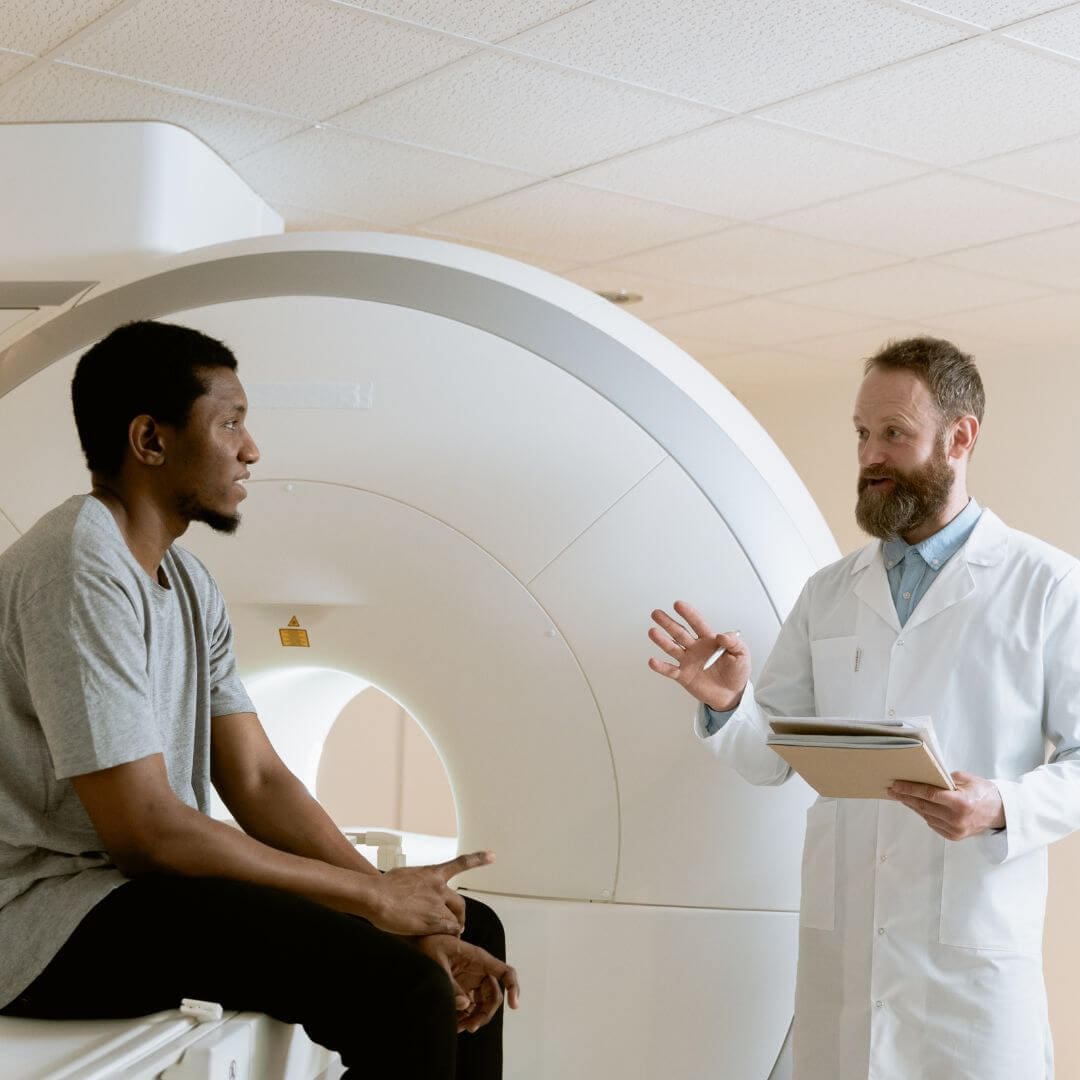
The ASES project was funded by the NIHR: National Institute for Health and Care Research, to explore how clinical scores and blood tests could be used to determine which patients in the emergency department required a CT aortogram. Experts in emergency medicine, surgery, imaging, statistics, and health economics were part of the research team, along with two public representatives from the Aortic Dissection Charitable Trust.
The initiative examined all existing research on clinical scores and blood tests to assess how well they detect acute aortic syndrome. Following that, a computer model was developed to simulate how doctors might manage a population of patients with symptoms suggestive of acute aortic syndrome if alternative diagnostic procedures were applied. To select patients for a CT aortogram, the strategies employed a clinical score and/or a blood test. The model predicted patient outcomes and the costs to the NHS of various approaches.
As a result, emergency medicine became better equipped to select the technique that achieved the optimal balance of preventing misdiagnosis while minimising unnecessary CT scans. The initiative also identified gaps in current knowledge that require further investigation.
The Royal College of Emergency Medicine has made the diagnosis of acute aortic syndrome one of its top ten research priorities. The ASES study will ensure we make the most of the current evidence to help diagnose acute aortic syndrome and determine where future research is best focused.
The DAShED study: Diagnosis of Acute Aortic Syndrome in the Emergency Department
Matt Reed, Professor of Emergency Medicine, University of Edinburgh

The DAShED research was an observational cohort study funded by the Royal College of Emergency Medicine (RCEM), focusing on patients visiting the ED with symptoms consistent with Acute Aortic Syndrome (AAS).
Previous research had identified several strategies for ruling out AAS that combined clinical probability scoring with blood tests (such as D-Dimer), but when these strategies were applied to a large population, such as those presenting to the ED with a relatively low number of actual cases, they resulted in a high rate of computed tomographic angiography (CTA) scanning. Overtesting had a substantial economic and resource impact, alongside higher radiation risks that could lead to later cancer development, delays in CT scanning for patients with other conditions, and the detection of ‘incidentalomas’—the discovery of anomalies with uncertain relevance.
The DAShED project examined the features of ED visits with potential AAS and assessed the service implications of various diagnostic techniques. DAShED aimed to guide future research, which it was hoped would ultimately lead to a standardised universal ED diagnosis route for all patients presenting with suspected AAS.
DAShED enrolled its first patient on September 26, 2022, and continued to accept patients until November 30, 2022. As of November 21st, nearly 3,000 people had been enrolled in the study, which took place in the emergency departments of 27 hospitals across the UK. Follow-up was completed by the end of 2022, and study results were revealed in Spring 2023. Detailed information on this project, including the clinical poster, patient information, and protocol, was made available through EMERGE; the Emergency Medicine Research Group of Edinburgh.
DAShED is the first study attempting to really understand the broad presentation of patients to Emergency Departments who may have symptoms of aortic dissection.
EARNEST: Early Aortic Repair in patients Needing Endovascular Surgery for Type B Aortic Dissection
Colin Bicknell, Consultant Vascular Surgeon, Imperial College London
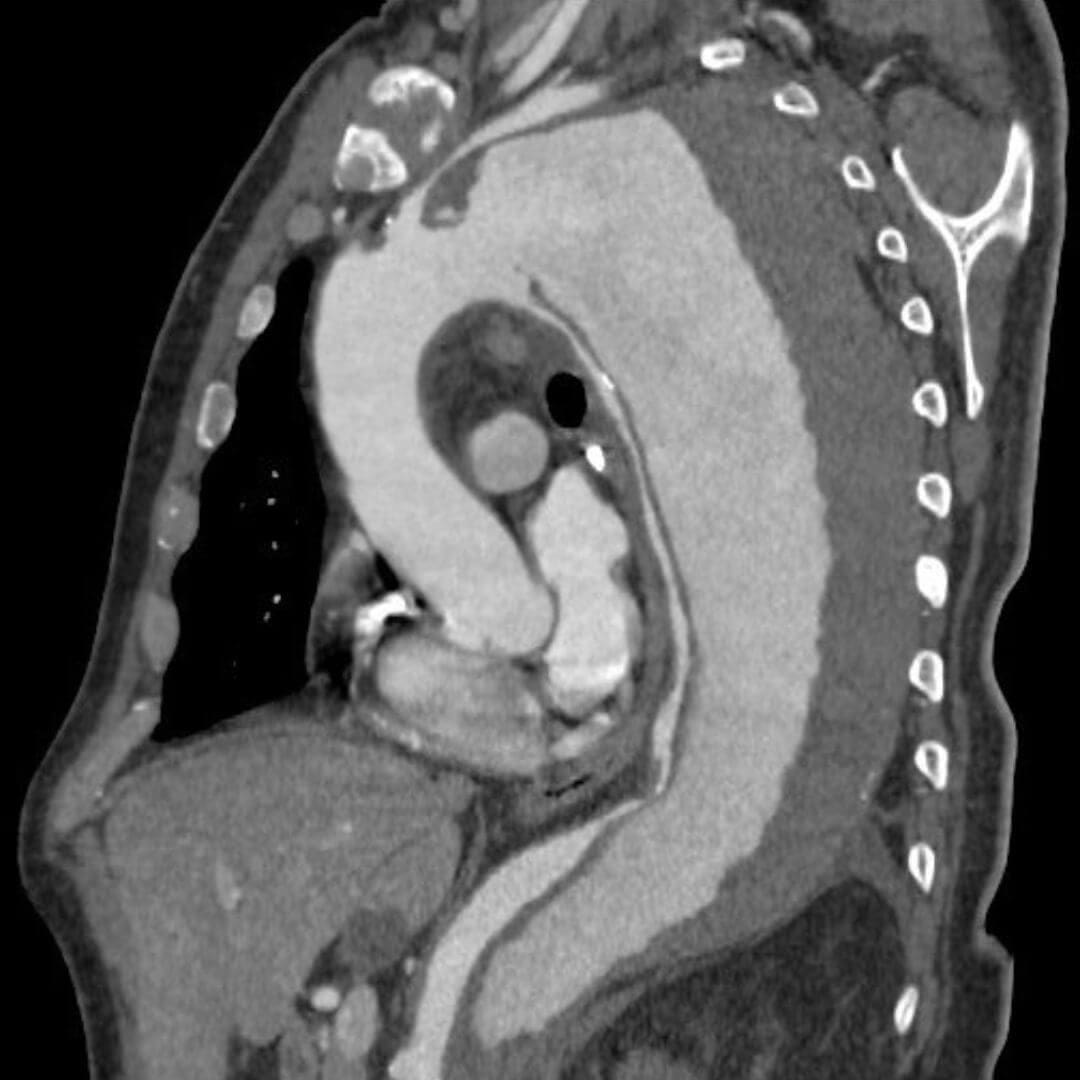
Approximately seven out of ten patients with type B aortic dissection have uncomplicated aortic disease with no immediate life-threatening complications. They are typically treated with the best medical treatments, including rigorous blood pressure monitoring, high blood pressure medication, and yearly aorta scans. However, one in every three individuals develops an aortic aneurysm, which must be corrected or there is a considerable risk of rupture and internal haemorrhage. This procedure is difficult and dangerous, with a high chance of death.
An earlier treatment known as thoracic endovascular aortic repair (TEVAR) may be preferable. Surgeons reline the aorta with a stent graft by a keyhole method a few months after the dissection. The treatment enables the aorta to heal while preventing it from expanding and rupturing.
This project is in the final round of competition for funding by the NIHR: National Institute for Health and Care Research, to determine if early thoracic aortic stenting in patients with uncomplicated type B aortic dissection is clinically and economically beneficial.
All participants will be evaluated for a period of five years. The most common outcome is death from aortic disease, major stroke, paralysis, or serious heart and lung illness. The experiment will investigate whether this composite result is lower in the TEVAR group compared to the normal care group, who may require a complex aortic repair at a later date, and whether this method is good value for money in the NHS.
If this experiment demonstrates a benefit to early TEVAR, thousands of patients worldwide could have their aorta relined at an early stage, avoiding complex aortic surgeries if there is late aortic deterioration.
This is a unique opportunity to run this trial in the UK. Definitive evidence regarding the clinical and cost effectiveness of early TEVAR for uncomplicated type B aortic dissection is badly needed.
If this trial shows a benefit to early TEVAR, across the world, each year, thousands of patients may have their aorta relined at an early stage and not have to undergo complex aortic operations when there is late degeneration of the aorta.
CAASP: A multi-centre service evaluation project to understand current acute aortic syndrome (AAS) pathways
Dr Jim Zhong , Interventional Radiology Fellow, Leeds Teaching Hospitals NHS Trust
Mr Sandip Nandhra, Clinical Lecturer, Newcastle University & President of the Vascular and Endovascular Research Network
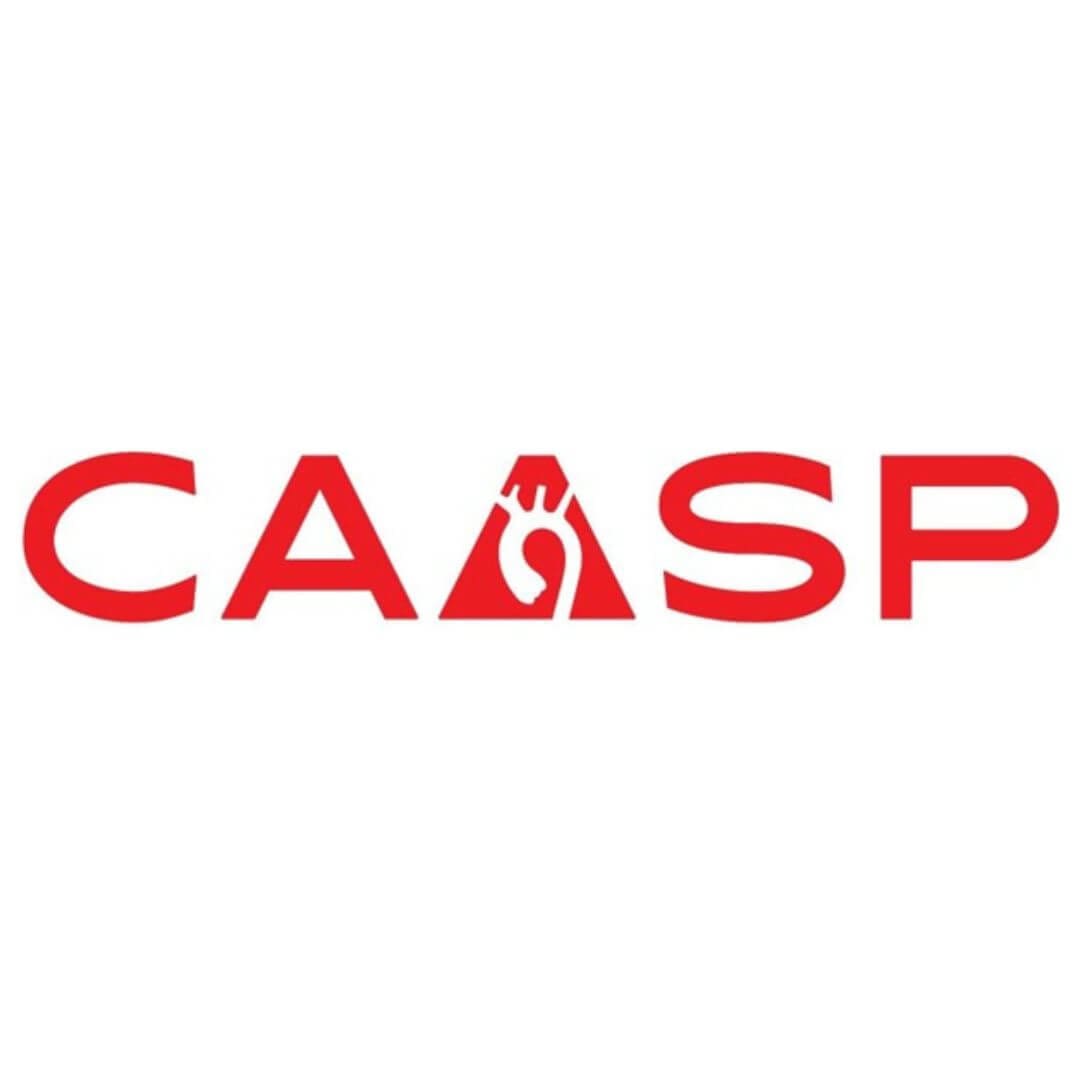
Aortic dissection is not recognised or considered as a possibility in the diagnosis of acute aortic syndrome (AAS), and one in every five patients dies before reaching the hospital. To avoid life-threatening complications, early hospital admission and rigorous blood pressure control are essential. Only 2 out of every 10 patients will survive if the aorta bursts.
A quick diagnosis is essential to start the appropriate treatment. However, because dissection is uncommon in comparison to other more prevalent medical issues that can present similarly and resemble AD, such as a heart attack, bone or joint pain, or a blood clot in the lung, there may be delays in identifying AD. Because aortic dissection care is time-sensitive, these delays might have a negative impact on patients’ outcomes. Diagnosis is almost usually detected on a CT scan, which is sometimes conducted for other reasons (i.e. not looking for an aortic dissection).
The Collaborative Acute Aortic Syndrome Project examined all individuals who had a CT scan in their local hospital (with symptoms presumably caused by an AAS) to determine how many actually had an aortic dissection. The study then focused more thoroughly on patients with a fresh aortic dissection to assess whether the diagnosis (and subsequent management) was made on time, and if not, why delays occurred. It also investigated how these delays affected patient outcomes six months after the initial diagnosis, in terms of survival and the number of aortic surgeries.
The Collaborative Acute Aortic Syndrome Project was a research partnership with the Vascular and Endovascular Research Network (VERN), British Society of Interventional Radiology (BSIR), British Society of Endovascular Therapy (BSET), Vascular Society of Great Britain and Ireland (VSGBI), Circulation Foundation, Cardiothoracic Interdisciplinary Research Network (CIRN), and TADCT.
Join the research panel
We would appreciate it if you could contribute to any of these projects. Your experience and perspective are key as a survivor, relative, or family member who has lost a loved one to aortic dissection.


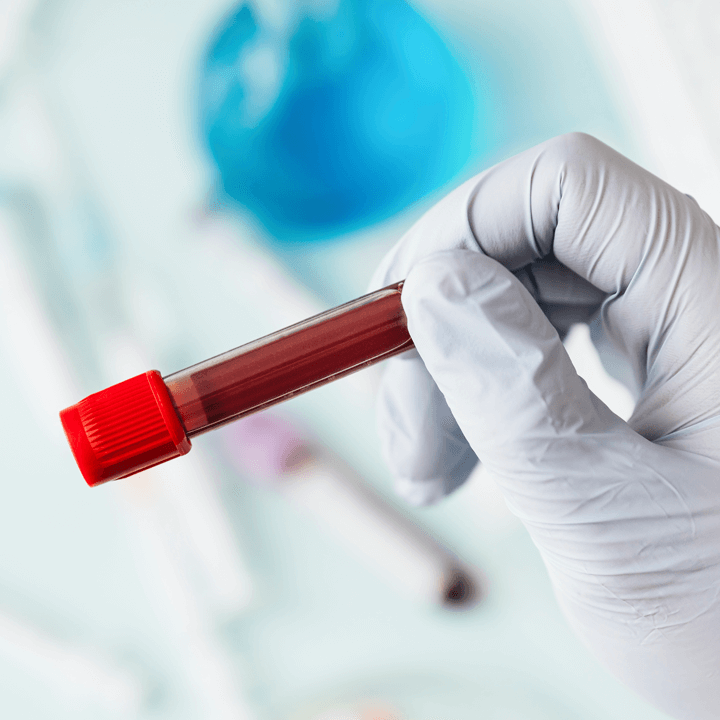

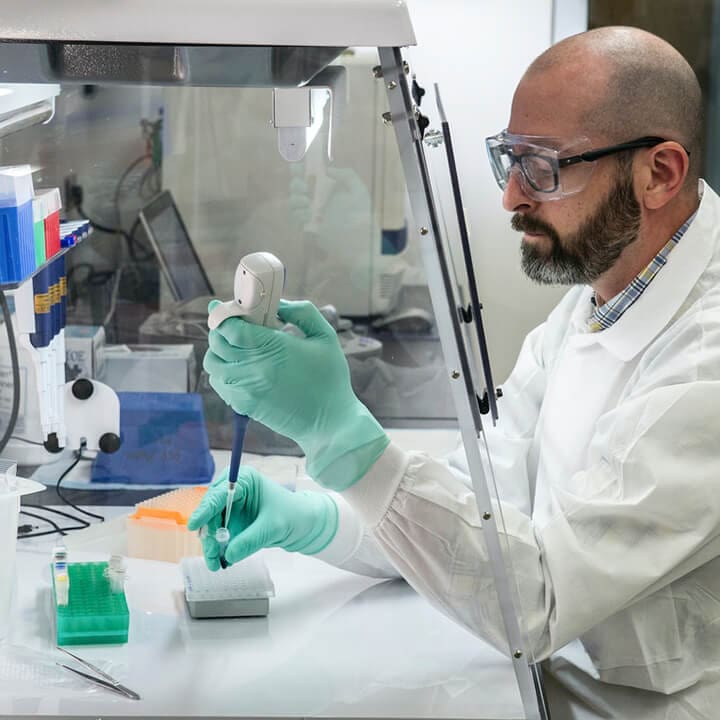


Privacy Policy | Accessibility
The Aortic Dissection Charitable Trust
Registered charity in England & Wales No. 1191420
Registered charity in Scotland No. SC051517
PO Box 812, Hope Valley, Chesterfield S40 9QY
The information and materials on this site are for general information purposes only. This site is not designed to provide individual medical advice, diagnosis or treatment. If you have any concerns, please speak to your GP. If you believe you have a medical emergency, call 999 immediately.

